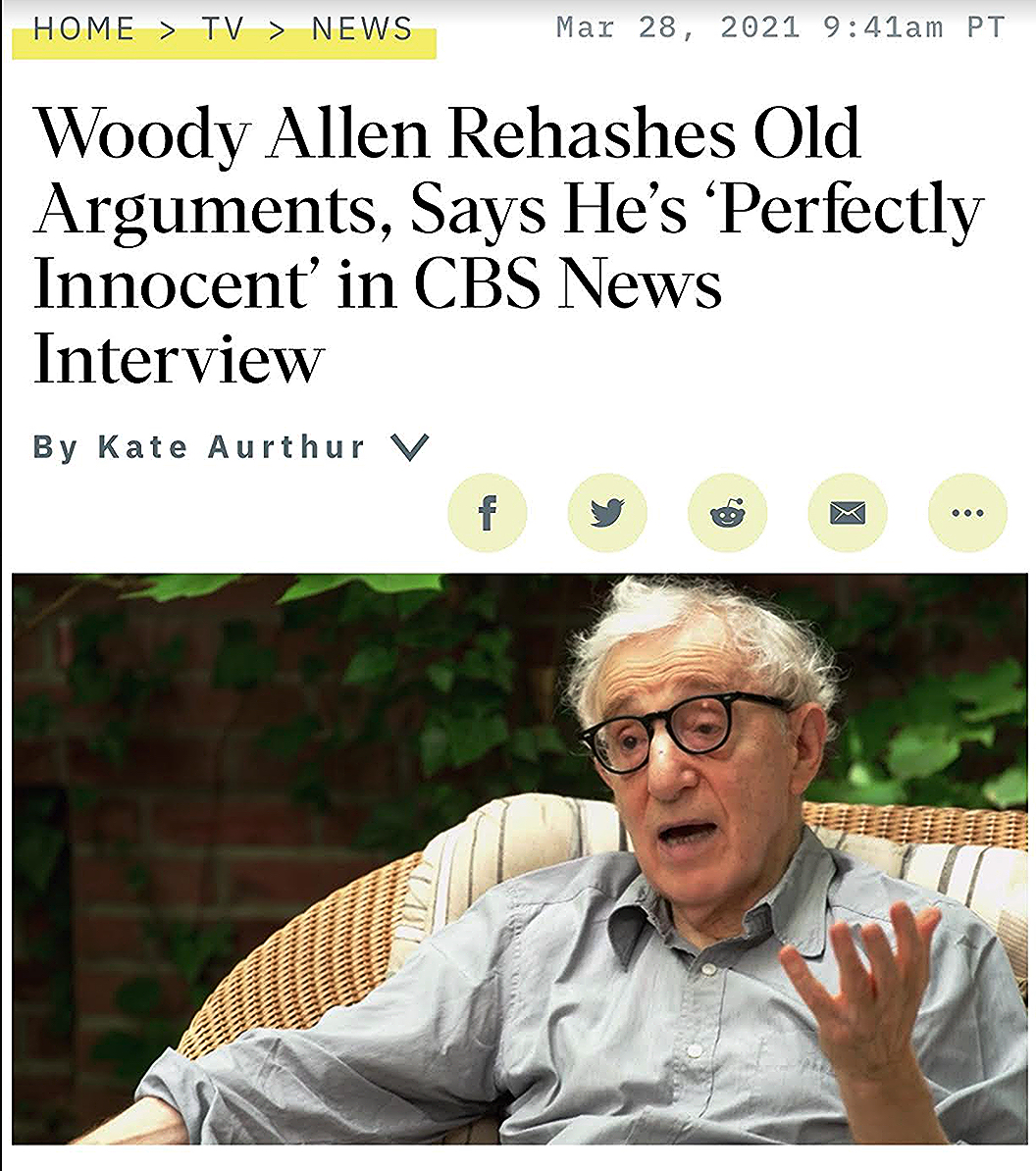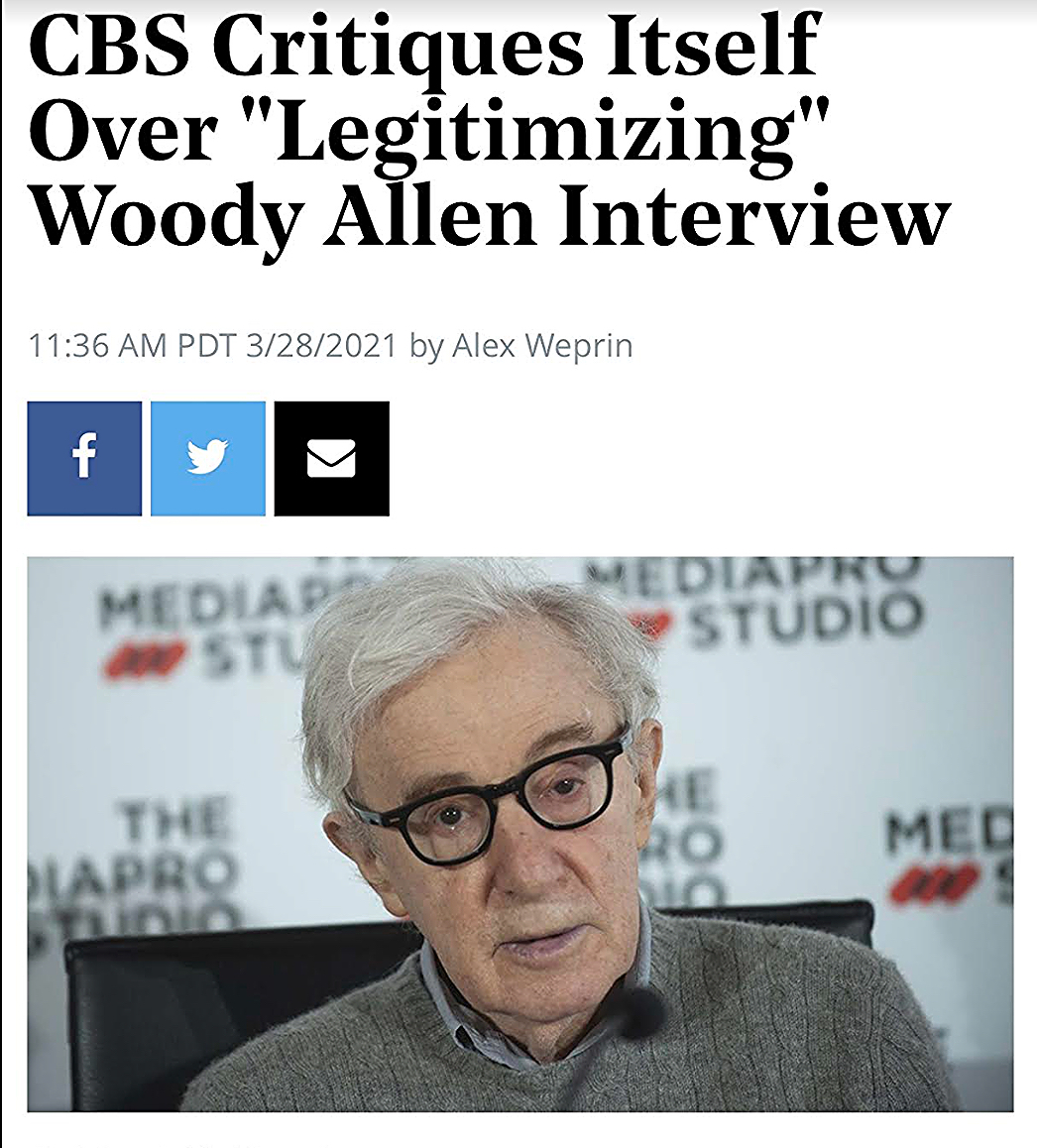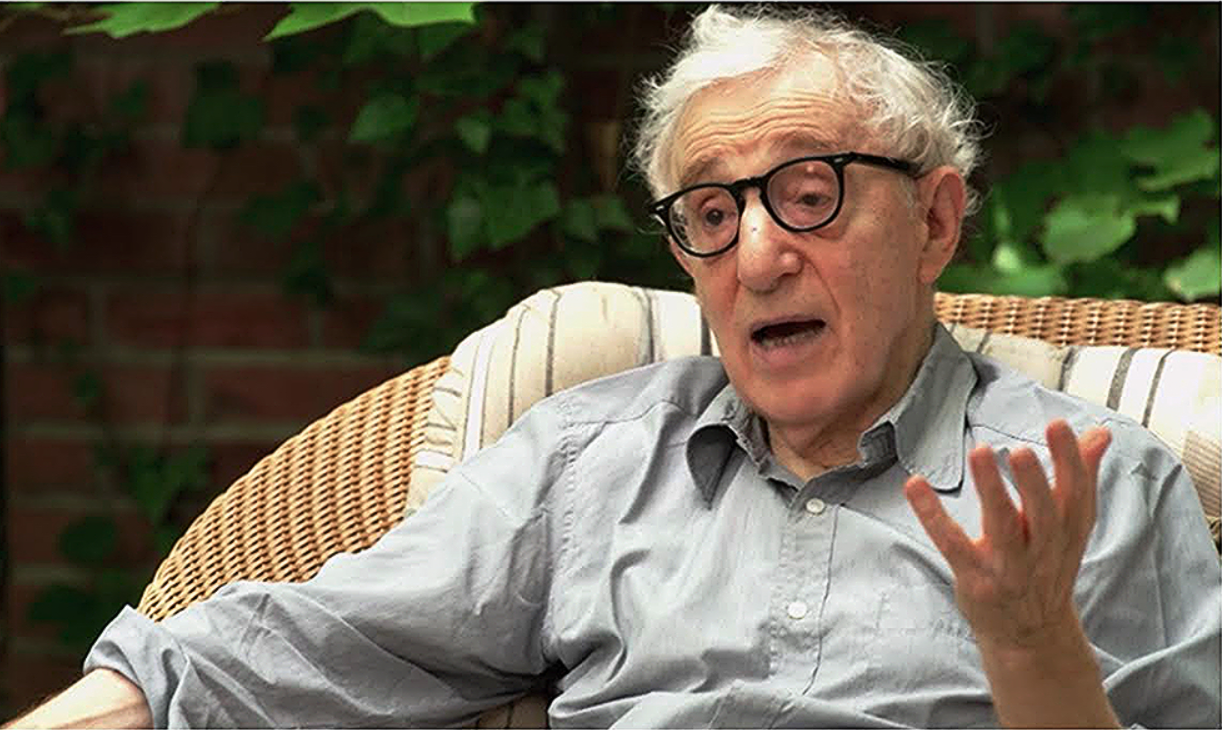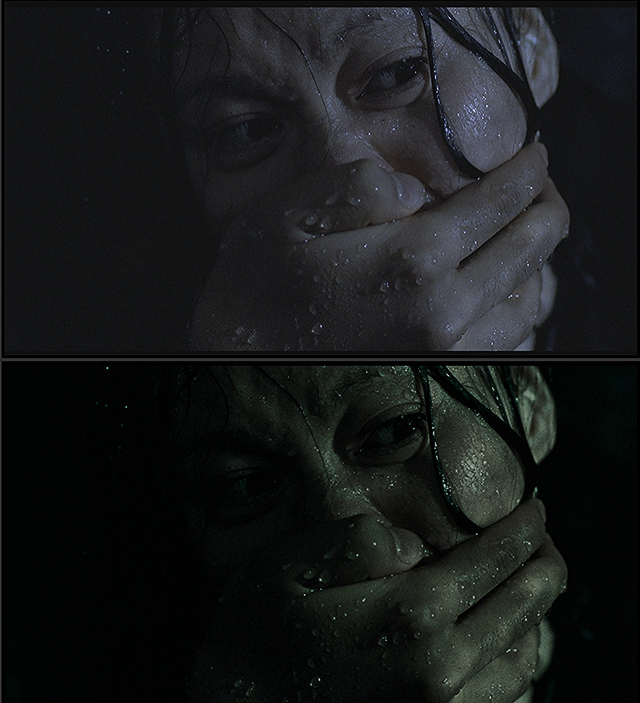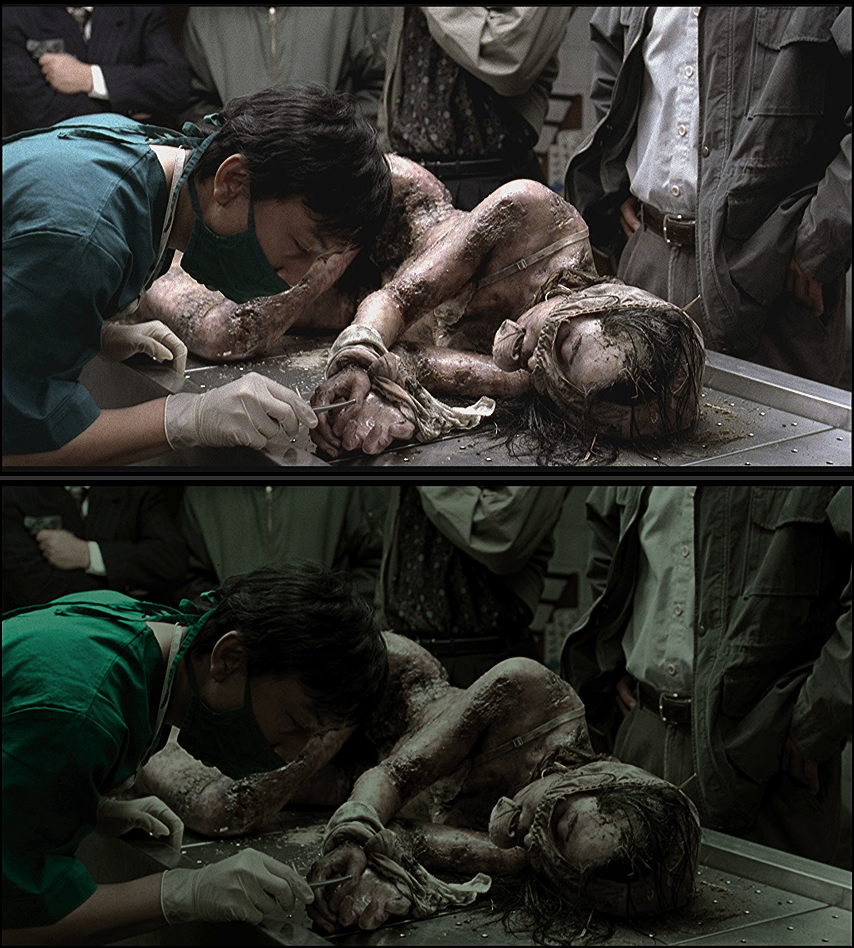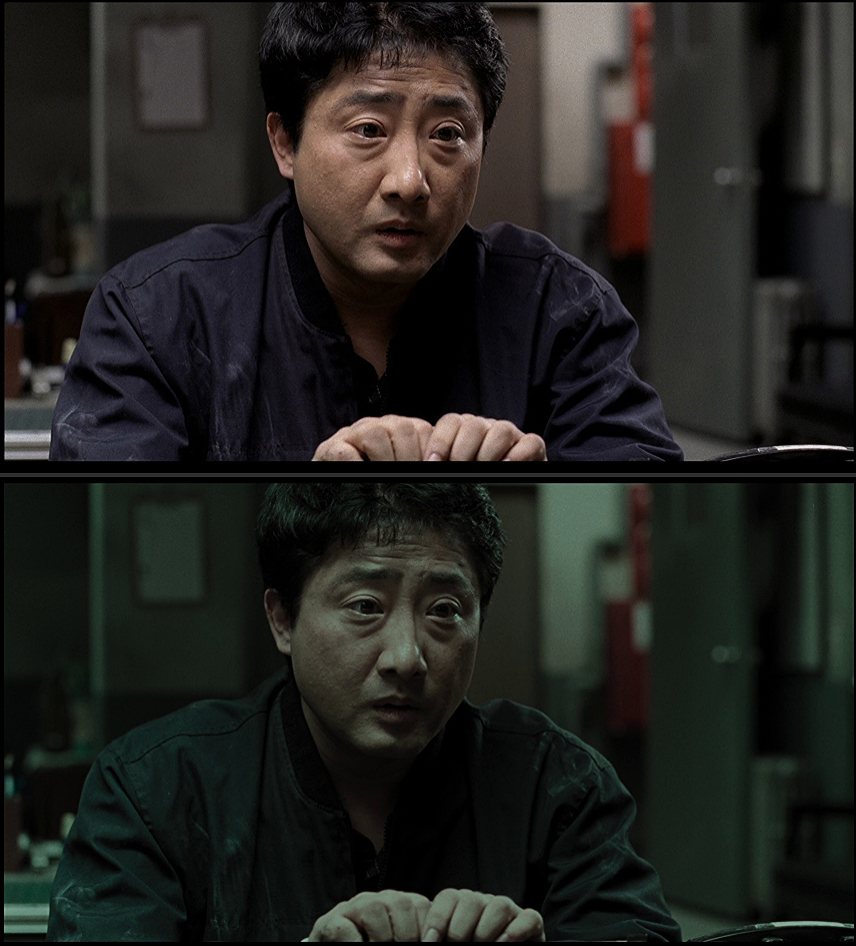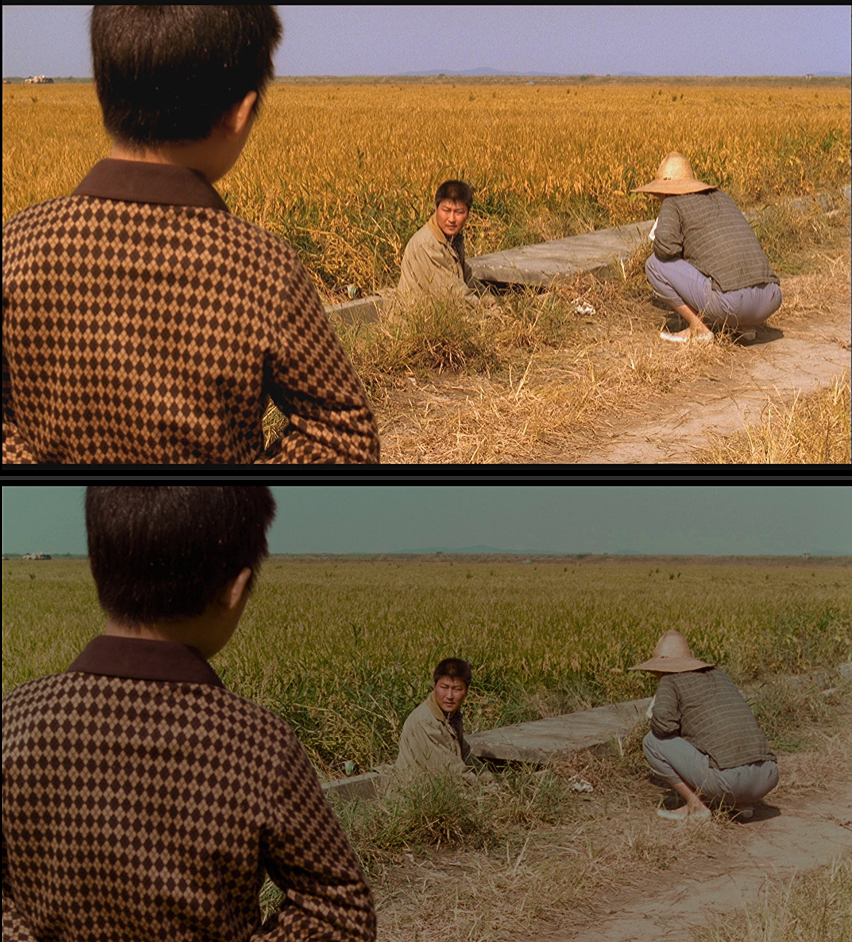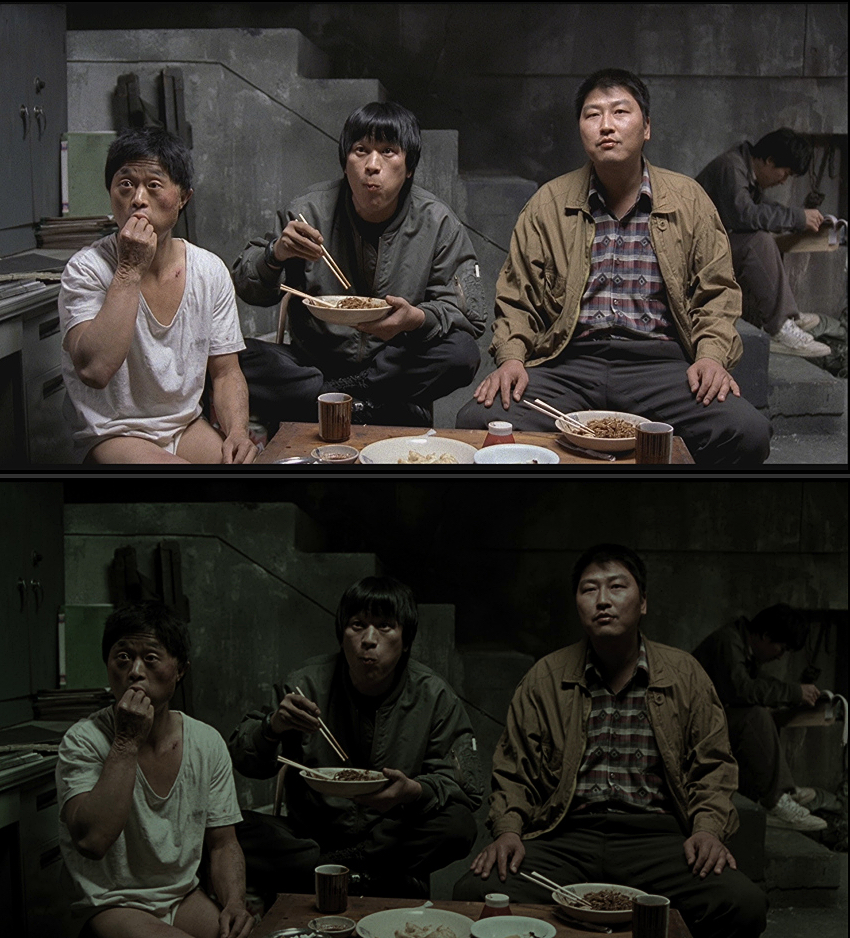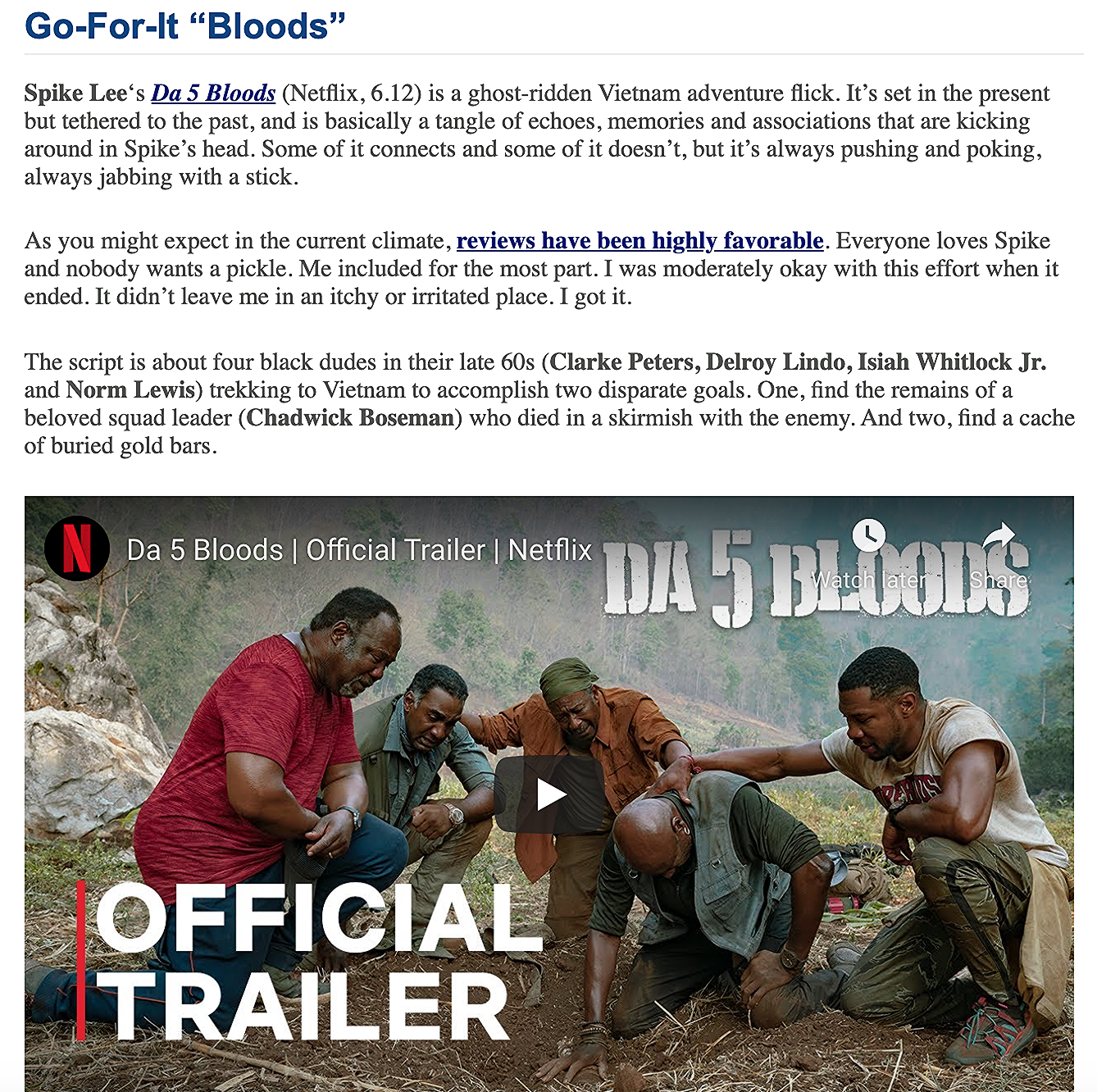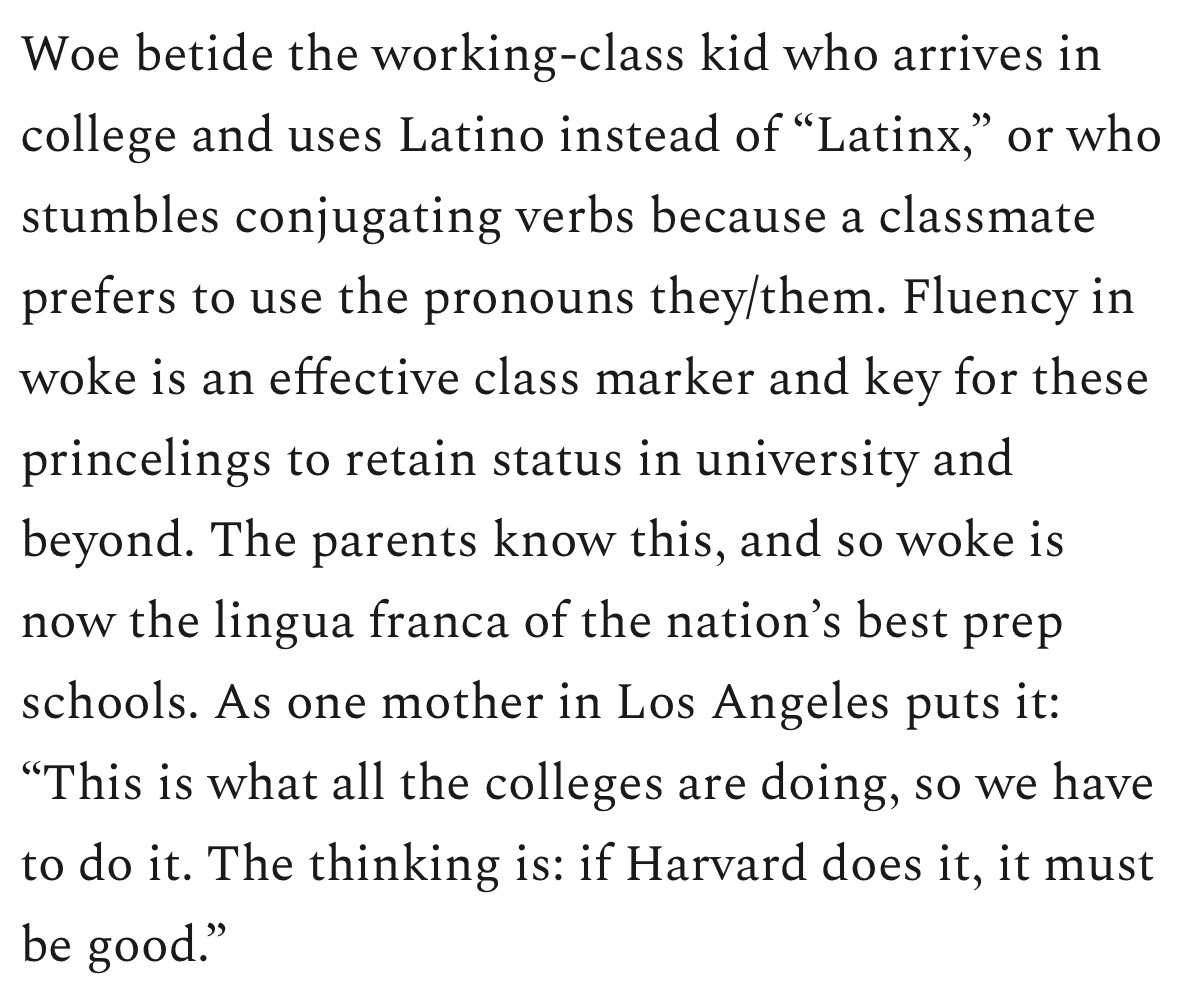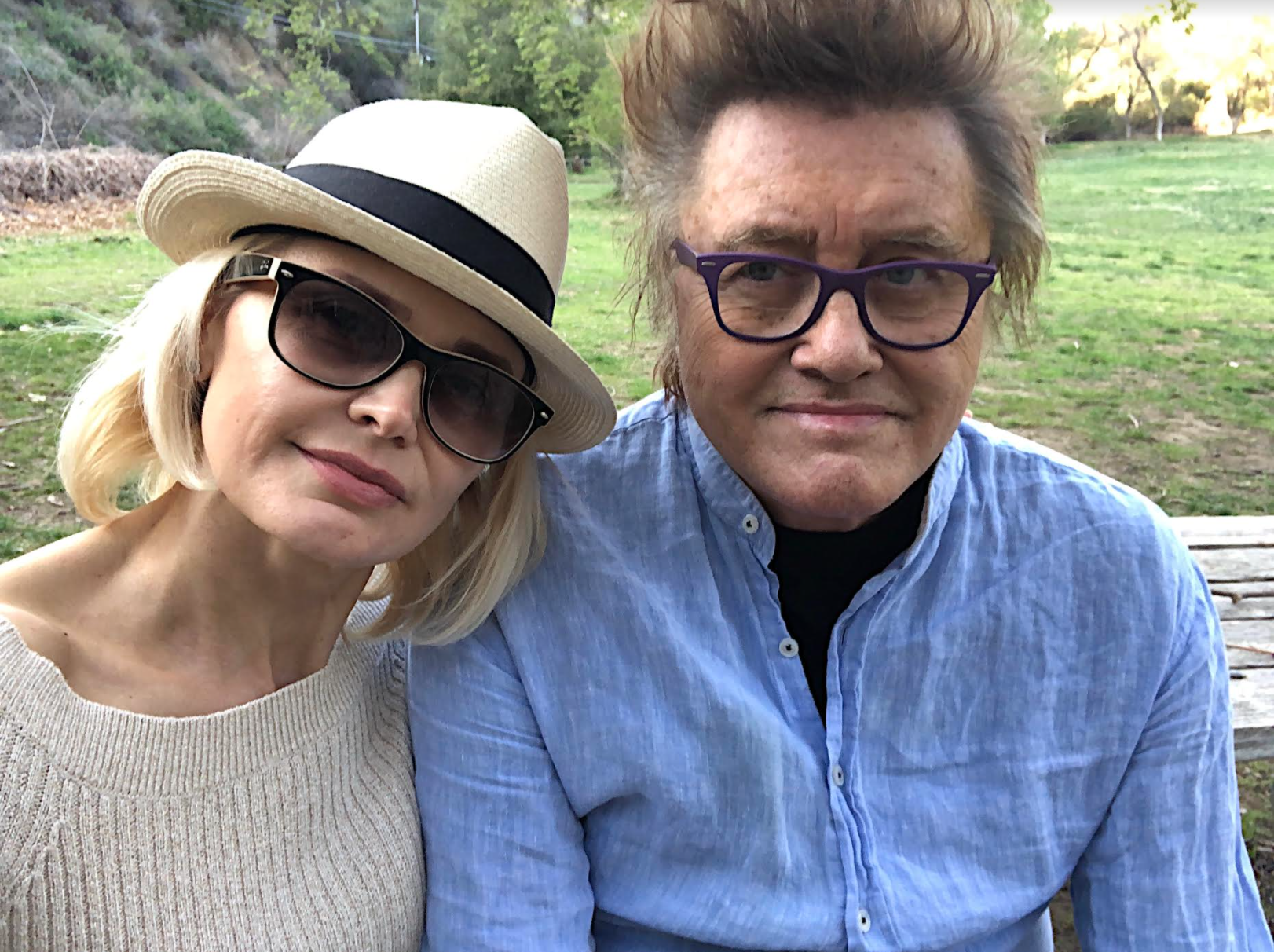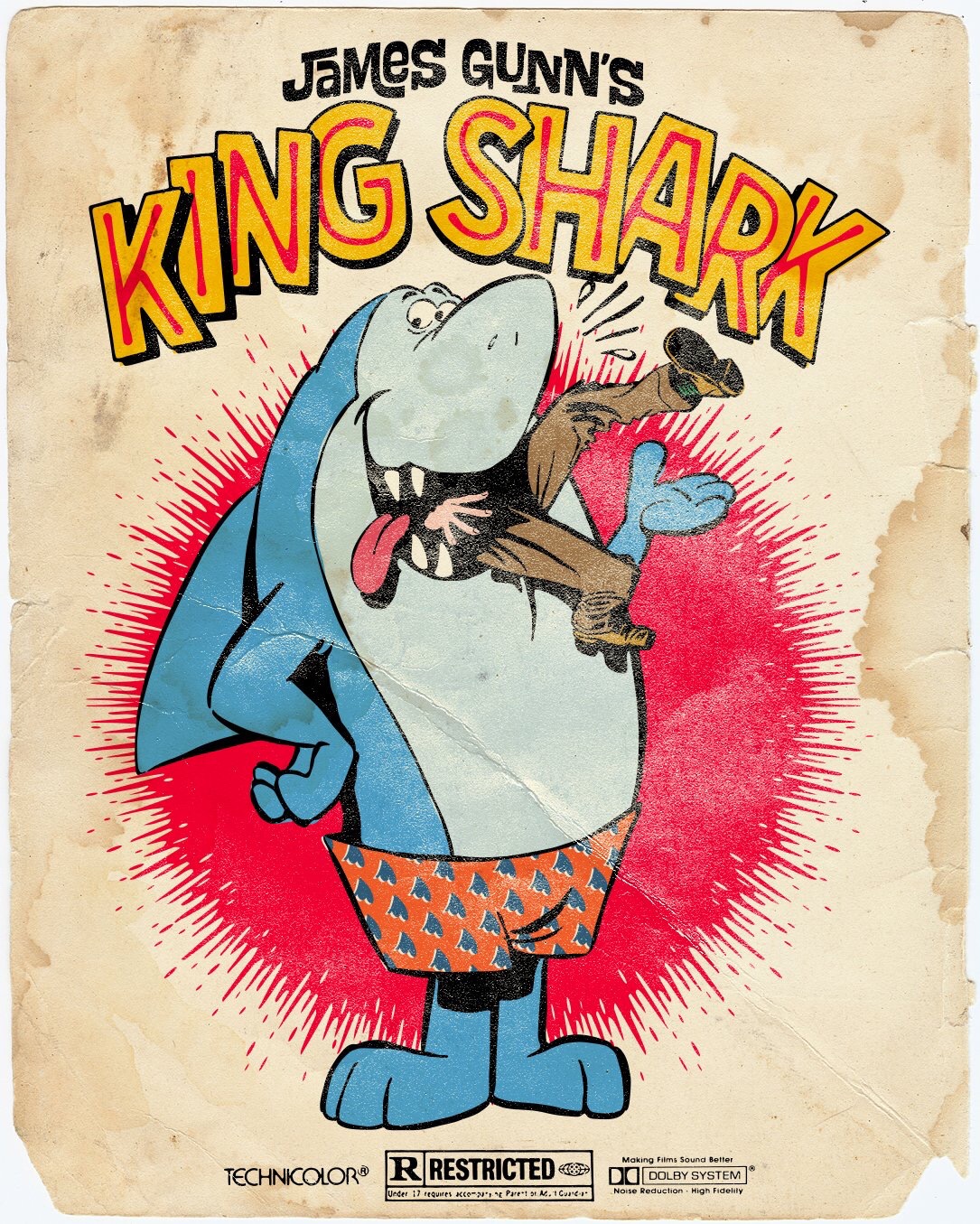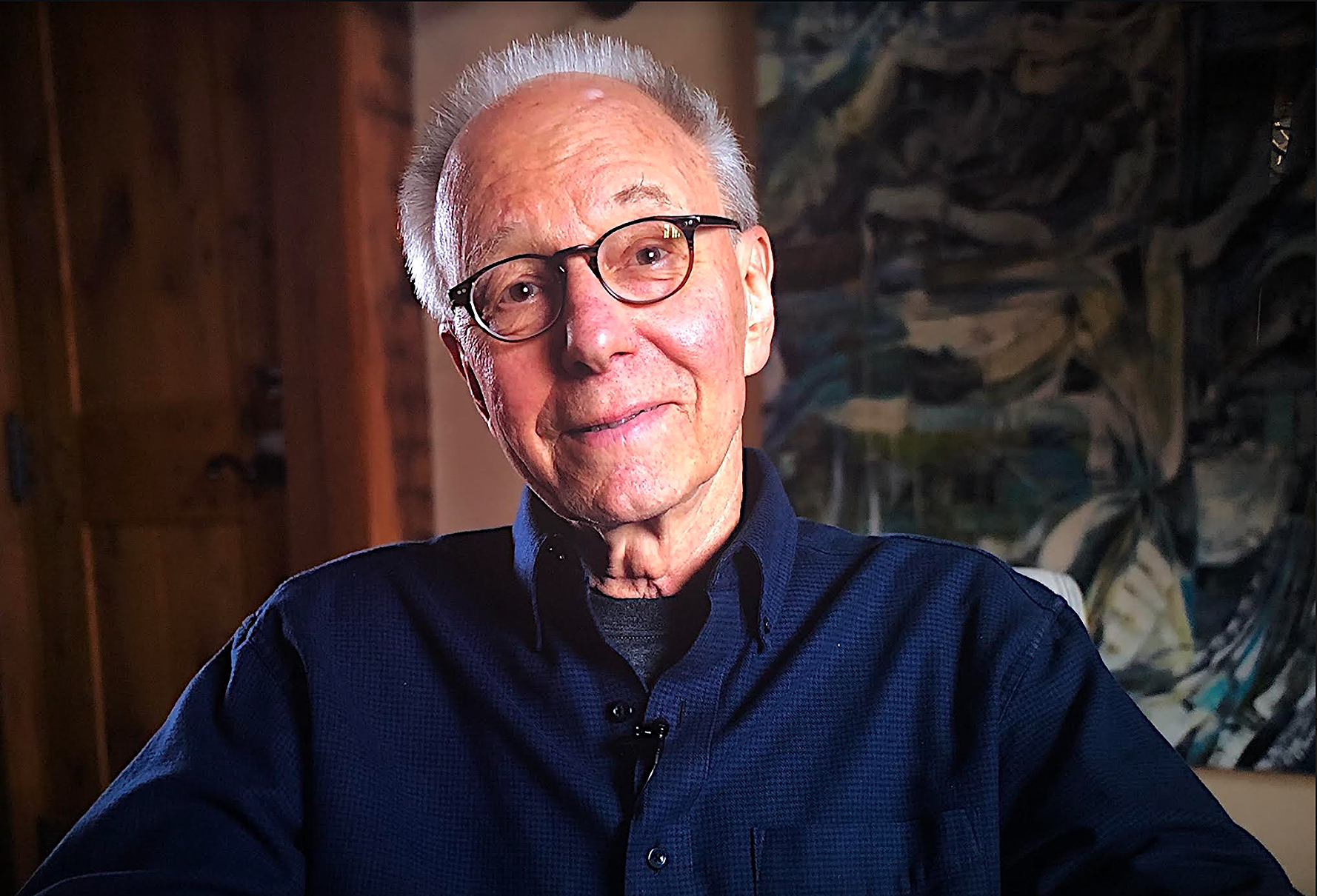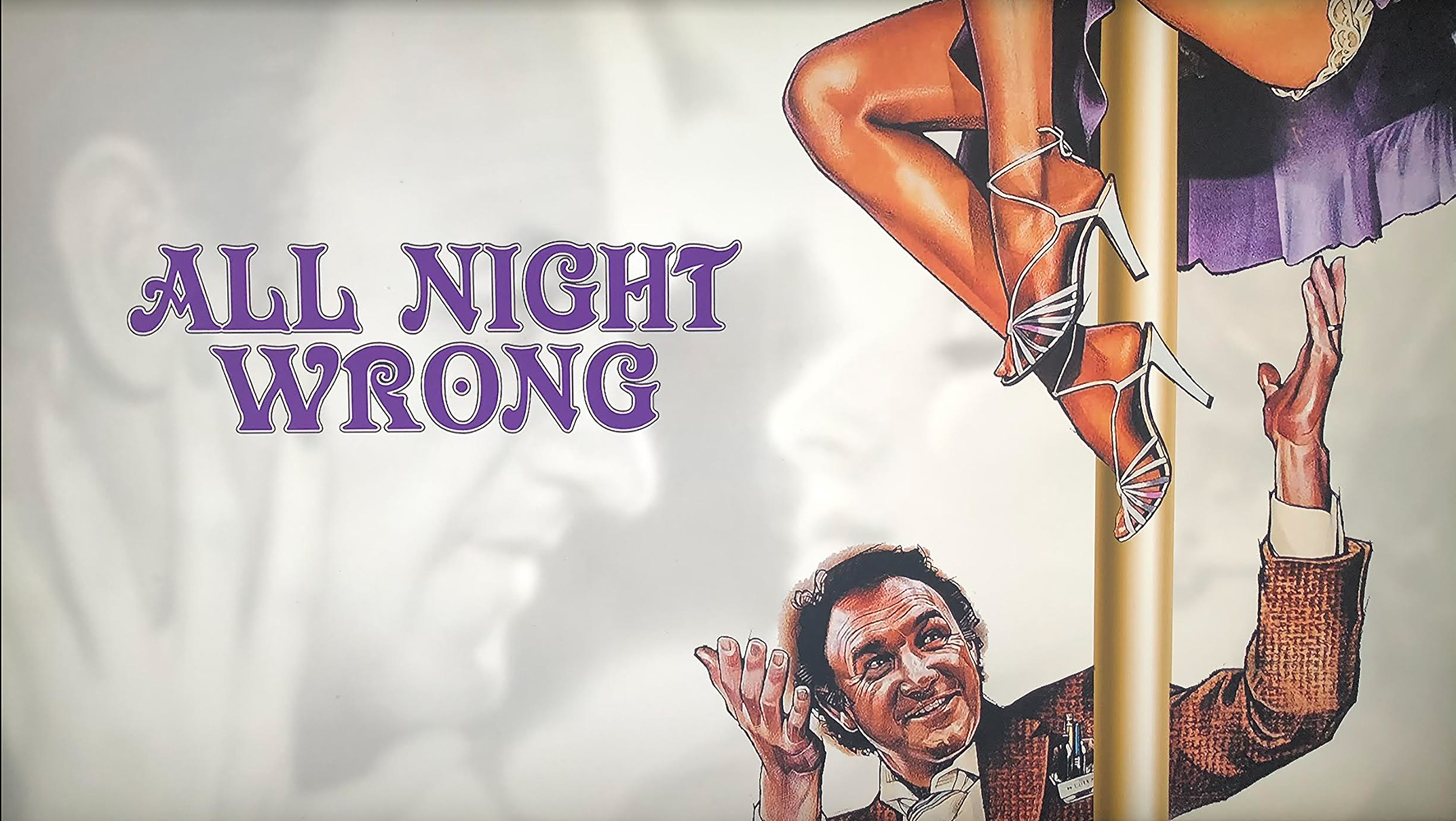It’s okay for Hollywood Elsewhere to post opinionated headlines and somewhat slanted stories because this is an attitude-and-opinion site — I yam what I yam. But the trades, like your mainstream news sites (N.Y. Times, WashPost, TheWrap, USA Today, Daily Beast), are obliged to present a fair-minded, pseudo-balanced front.
Alas, in stories about the CBS Sunday Morning/Paramount + interview with Woody Allen that began streaming today, Variety and The Hollywood Reporter haven’t even attempted to offer a semblance of even-toned coverage. Neither publication is making the slightest effort to seem “fair” about anything — their editors are clearly Allen haters and in the tank for Dylan Farrow, and they don’t care if anyone gets that impression or not.
It is particularly egregious, I feel, that Variety‘s headline states that in the Paramount + interview Allen “Rehashes Old Arguments” in his defense of himself regarding the 1992 sexual abuse allegation.
Imagine if, say, a witness to last May’s George Floyd murder were to offer recollections of what he/she saw and heard to 60 Minutes, say, and a mainstream newspaper were to report the next day that the witness had “rehashed old observations.” The editors and perhaps the publisher of that newspaper would be forced to resign within 48 hours, and the paper itself would thereafter be regarded as inherently racist. There would be calls to shut it down or at least change the name.
